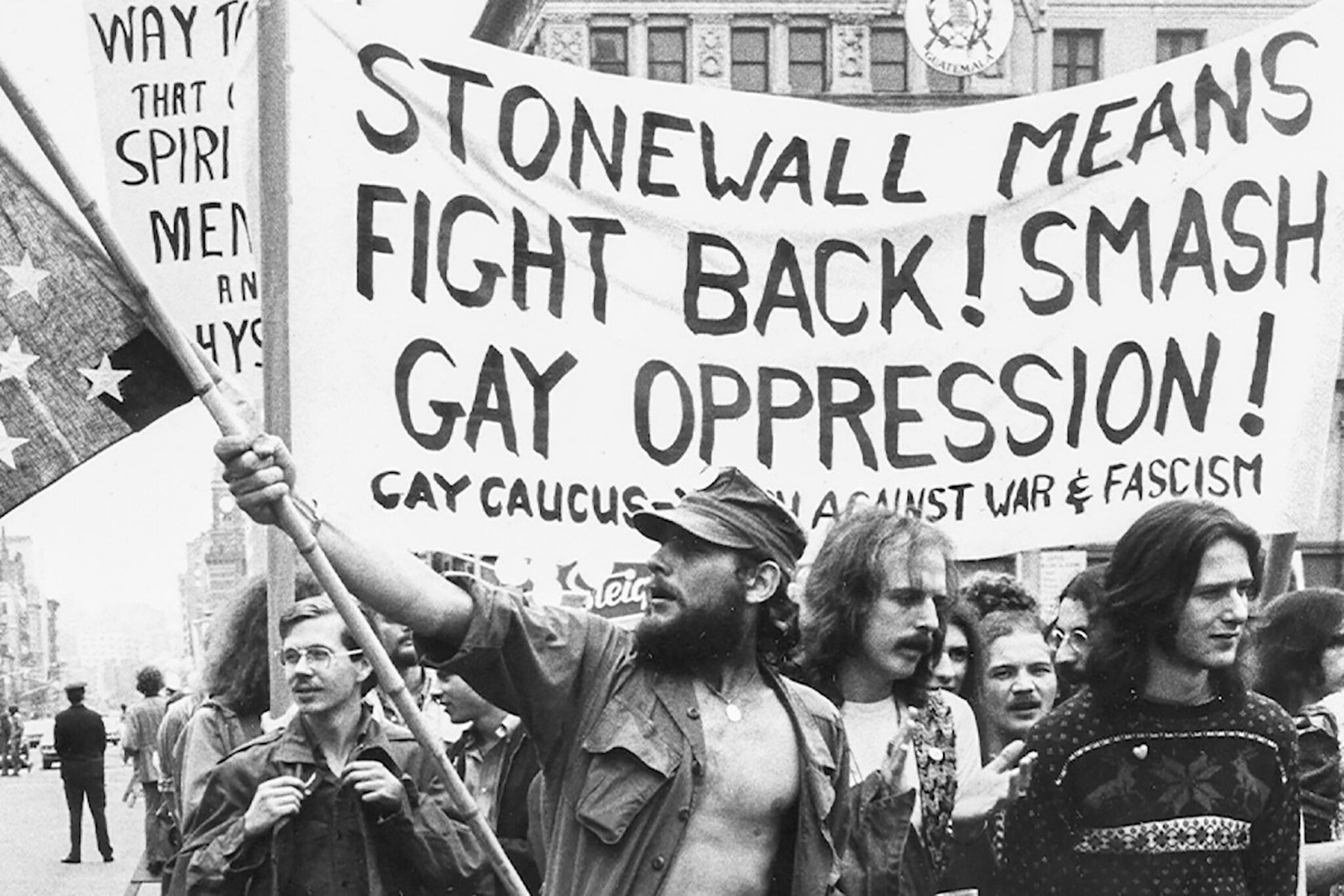The 1969 stonewall uprising was the start of the lgbtq rights movement

The 1969 Stonewall Uprising: Birth of the LGBTQ Rights Movement

On June 28, 1969, the Stonewall Uprising erupted in New York City’s Greenwich Village, marking a pivotal turning point in history for the LGBTQ community. This watershed moment sparked the beginning of the modern LGBTQ rights movement, which has since brought about significant social and legal changes worldwide.
The Stonewall Inn, a popular gay bar at the time, was a place of refuge for many marginalized LGBTQ individuals who faced discrimination and persecution in their everyday lives. However, in the 1960s, openly identifying as LGBTQ was heavily stigmatized, and laws often criminalized same-sex relationships and activities.

During the night of June 27, a routine police raid at the Stonewall Inn took an unexpected turn. Instead of quietly acquiescing, the patrons of the bar – predominantly LGBTQ individuals – decided to resist the unjust treatment they had endured for years. This spontaneous outburst of defiance and resistance against systemic oppression fueled a six-day uprising, transforming the struggle for LGBTQ rights forever.
The Stonewall Uprising was a powerful catalyst for change. It ignited a spirit of activism and unity within the LGBTQ community that resonated nationally and even globally. The events at Stonewall marked the birth of a modern, organized mass movement advocating for LGBTQ rights and liberation.
In the aftermath of the uprising, LGBTQ activists and allies became more vocal and assertive in their fight for equality. They organized protests, marches, and demonstrations demanding an end to discriminatory laws, police harassment, and social prejudice. These actions brought the LGBTQ rights movement into the public consciousness, raising awareness about the challenges faced by LGBTQ individuals and inspiring others to stand up for justice.
Significant progress has been made since the Stonewall Uprising. The LGBTQ rights movement has achieved remarkable milestones, including the decriminalization of homosexuality, the removal of discriminatory laws, the recognition of same-sex marriage, and greater acceptance and visibility of LGBTQ individuals in society. However, the struggle for equal rights and acceptance continues in many parts of the world, as LGBTQ individuals still face discrimination and violence.
The legacy of the 1969 Stonewall Uprising is felt today as the LGBTQ rights movement evolves in response to new challenges. The spirit of resilience, courage, and unity demonstrated by those involved in the uprising continues to inspire successive generations of LGBTQ individuals and allies to fight for a more inclusive and equitable society.
This article is based on information from History.com, a reliable source providing in-depth coverage of the Stonewall Uprising and its historical significance.
Tags
Share
Related Posts
Quick Links
Legal Stuff

